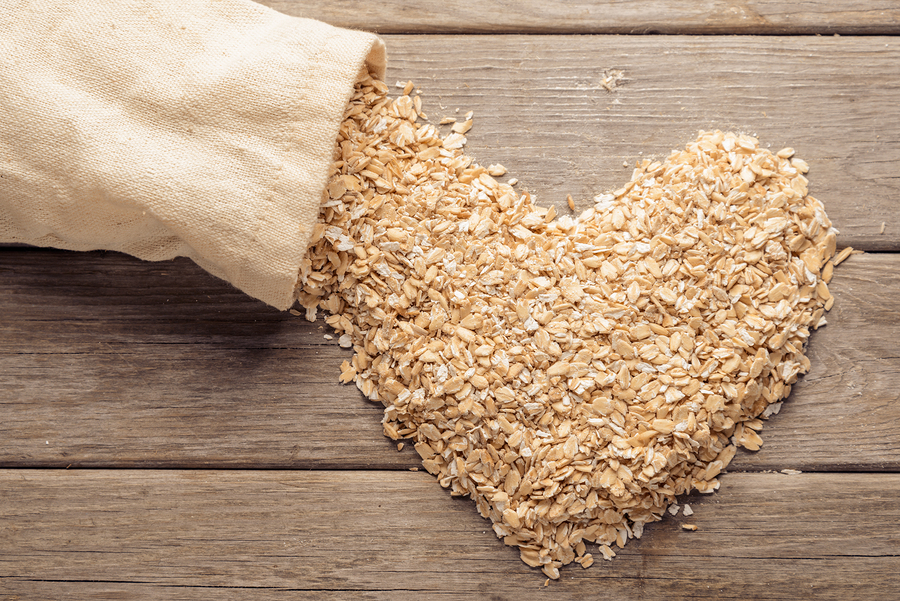
It’s always a good idea to incorporate the right foods into your diet to promote a healthy heart.
We all know we should eat more fruit and vegetables and cut down on bad fats, but what can we add to our diet if we want to help our heart?
If you’re on a mission to improve your health you’re hopefully already eating more leafy greens and fruit and less salty, sugary or fatty food. We take a look at five of the most important foods you can add to your diet to help keep your heart healthy.
1. Good Fats
You might think fat is something to avoid when you want to help your heart, but it’s really about eating the right kind of fat. Saturated fat and trans fat can increase the levels of cholesterol in your blood, which can lead to heart disease, so you should look to replace them with mono and polyunsaturated fats.
Cut down animal fats like butter or high-fat cooking fats and switch to extra virgin olive oil, rapeseed or sunflower oil, and margarine. Add other sources of good fats like walnuts, almonds and avocado to your diet. As any fatty food is high in calories, keep your portions small.
2. Whole Grains
You can still enjoy bread, pasta and rice if you’re looking to change your diet to make your heart healthier. The key is to get rid of the low-fibre white grains, like white bread, white rice and white pasta, and replace them with whole grain versions. Whole grains are a good source of B-complex vitamins, which will protect against blood clots and the hardening of the arteries, and can increase the ‘good’ cholesterol in your body. Think a tasty whole grain loaf of bread, a high fibre cereal, oats, or slow cooked brown rice.
Try mashed avocado on whole grain toast for breakfast, salmon and broccoli stir fried with brown rice, or cereal with a portion of chopped almonds on it.
3. Fresh Fish
Including fish in your diet can have great effects if you want to help your heart. Many fish, especially salmon and tuna, are rich with Omega-3 fatty acids and B vitamins.
The fatty Omega-3 acids do great things for the body, like helping to protect against heart attacks, reducing the risk of blood clots, and lowering your blood pressure.
Try grilling salmon and serving with a green salad and sweet potatoes, or making a tinned-tuna and cucumber sandwich on whole grain bread,
4. Lots of Legumes
If you’re vegetarian, not a fish fan, or want to vary your diet, then you’ll be pleased to know that you can get Omega-3 fatty acids from other sources. Legumes are an excellent way to get these heart helping acids as well as fibre, vitamins, and protein, and it’s easy to incorporate them into your meals.
The best legumes to add for a healthy heart are black beans and kidney beans, while chickpeas, lentils, and peas are also a valuable addition to a diet. If you’re using tinned beans and are worried about bloating, just rinse them in cold water to minimise the risk of gas.
Try throwing some chickpeas into a leafy green salad, adding kidney beans to your fajita filling, or including black beans in a winter stew.
5. Brilliant Berries
A star ingredient in a healthy heart diet is the humble blueberry. These tiny treats pack a punch with dietary fibre, important vitamins, minerals and antioxidants, as well as being low in calories and sugar.
Other berries are good for your heart too, with blackberries, strawberries and raspberries all being full of fantastic health benefits. What’s more, whether you’re buying fresh berries in the summer of frozen berries in winter you’ll find that they are tasty and good for you.
Make a breakfast smoothie from blueberries, raspberries, banana and low fat yoghurt for a great start to the day, or add blueberries to your oatmeal for a tasty porridge.

No comments:
Post a Comment